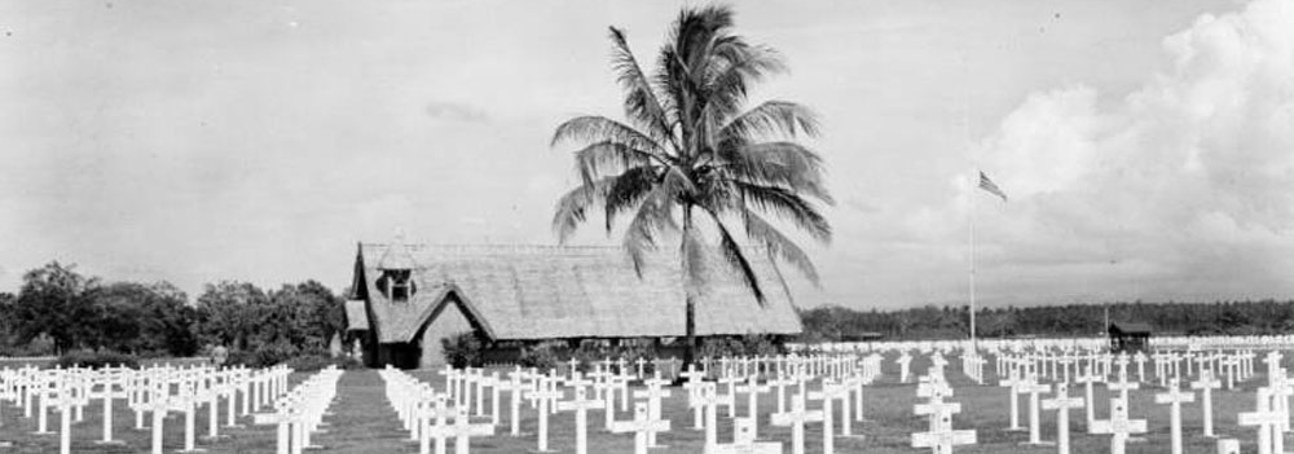Over 80 years on from the Solomon Islands Campaign of WW2, local communities not only continue to come across unexploded and abandoned ordnance on their land – they also come across human remains. These remains are the casualties of both US Allied Forces and the Japanese Imperial Army, still being actively traced and identified by both countries today.
While it is estimated that the US Allies lost around 7,000 men, the losses incurred by the Japanese forces during the Solomon Islands Campaign were significantly higher. Around 14,800 Japanese men were killed in combat, and more than 9,000 are estimated to have died from disease and malnutrition.
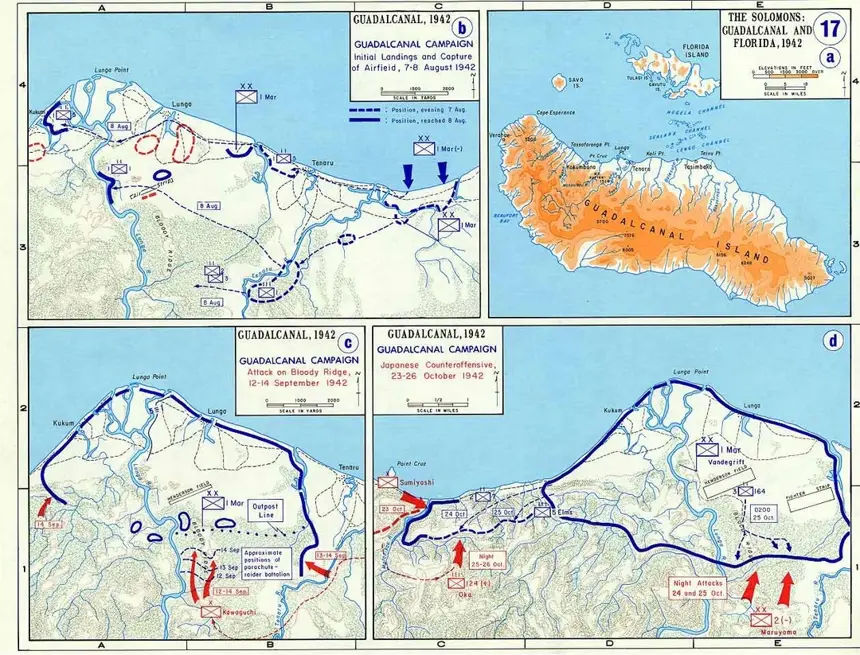
HALO works with the US Defense Prisoners of War/ Missing in Action Accounting Agency (DPAA), which operates in the Solomon Islands and across the Pacific to locate, recover, and identify the remains of US service members who went missing during the war.
Through investigation and analysis of historical records, such as battle reports and accounts of missing personnel, the DPAA determines where remains may be located. Investigators often interview local residents who may have knowledge of crash sites, burial locations, or other relevant information, helping to pinpoint potential recovery areas.
Once sites are identified, field teams travel to these locations to carry out excavation and recovery operations. This can involve clearing dense jungle overgrowth and carefully searching for remains, personal effects, and artifacts. Aboard USNC Salvor, the DPAA also conducts operations at sea, using both military and civilian scuba divers to uncover remains at the ocean floor. The work is physically demanding and highly detailed, requiring divers to trawl through silt and sediment on the ocean floor.
HALO visited the USNC Salvor on 19 October and received members of the DPAA team at the HALO offices back on land on 21 October. As HALO deepens its engagement with both the DPAA and JARRC, this will also bolster HALO’s non-technical survey work, building crucial partnerships for information-sharing.
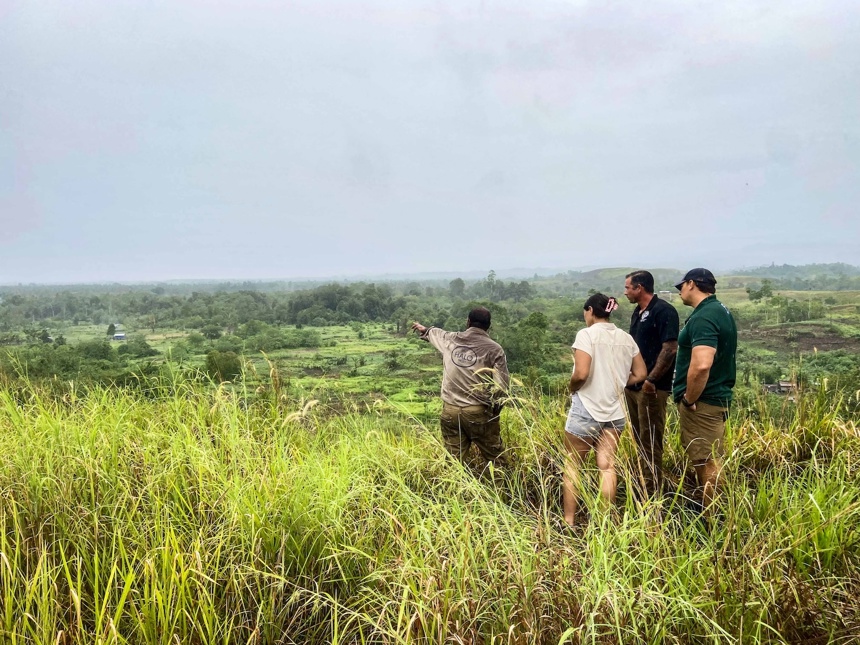
HALO staff with DPAA team on Bloody Ridge
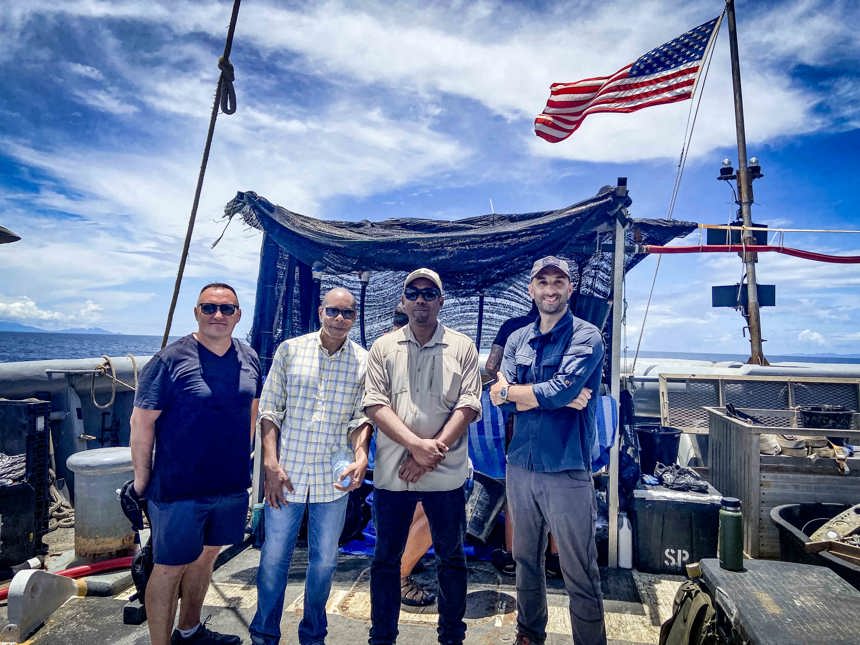
HALO staff visiting USNC Salvor
During the battle, disruption to the Japanese supply lines meant troops did not only contend with the threat of warfare, but also with starvation, dysentery, malaria and dengue fever, without access to proper rations or medicines. The diary entries of Japanese soldiers tell of their suffering. One Japanese soldier wrote in his diary before his death: “there is no sympathy in the jungle.”
Today, the Japanese Association for Recovery and Repatriation of War Casualties (JARRWC) works to locate, identify and repatriate Japanese casualties in the Solomon Islands and across the Pacific. The work is a slow and meticulous process, conducted largely by groups of volunteers. When remains are found, a sample is sent for DNA testing in Japan. If positive, the sample is returned, and a memorial is held in the location the body was found, before being flown back to Japan for burial.
The JARRWC’s work not only reunites lost Japanese soldiers with their families but is also an important way for the Japanese government to rebuild relationships with local communities. Using old Japanese records, maps and local knowledge, JARRWC volunteers currently make several trips to key locations across the Solomon Islands each year.
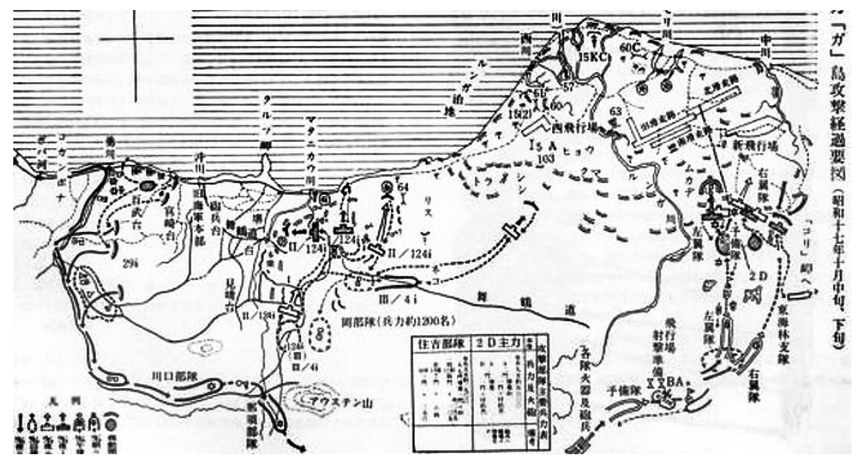
As part of HALO’s work to survey UXO contamination across the Solomon Islands, the use of old records and maps is vital in providing an insight into battle movements, stockpiles, and firing positions. For instance, in October 1942 Japanese forces trekked from the west of Guadalcanal towards the south of the US frontline at Bloody Ridge, along what is now known as the Maruyama Trail, named after Japanese General Maruyama.
Exhausted and malnourished, Japanese soldiers abandoned supplies, including munitions, along the way. While the use of old records can help to formulate a better picture of where potential stockpiles and abandoned ordnance along this route may be located, most Japanese records have never been translated into English. Once free from UXO threats, the trail holds vast potential for tourism development as a hiking route.
Old maps, military records, and community liaison are important to all three organisations - whether searching for human remains or unexploded ordnance. Through cooperation with both DPAA and JARRWC, HALO is facilitating a mutual information-sharing that supports all three organisations in fulfilling their missions. To strengthen this cooperation, HALO has hosted several visits from the JARRWC, including a site visit to Bloody Ridge. This provided an opportunity to share HALO’s work mapping UXO contamination across the Solomons.
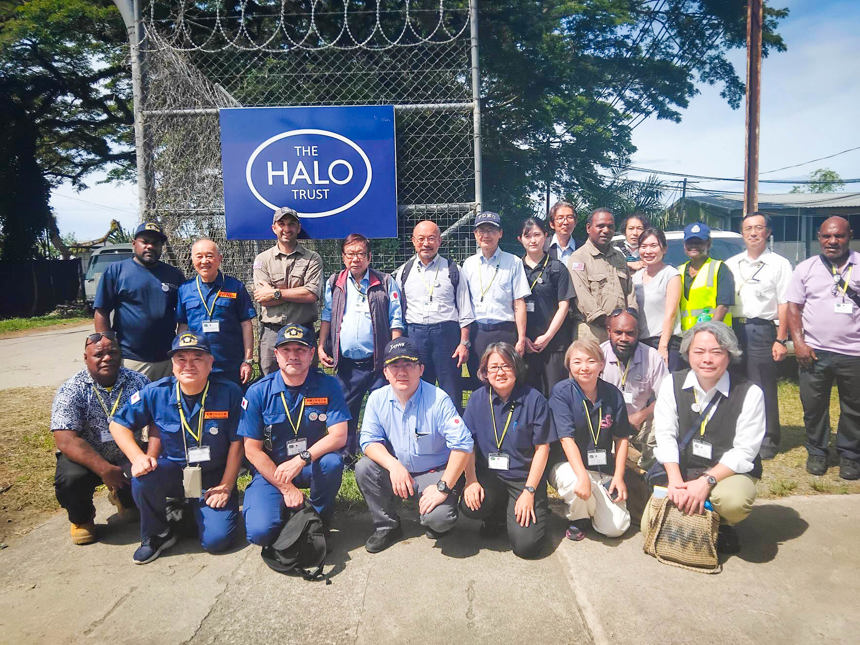
HALO and volunteers from JARRWC

